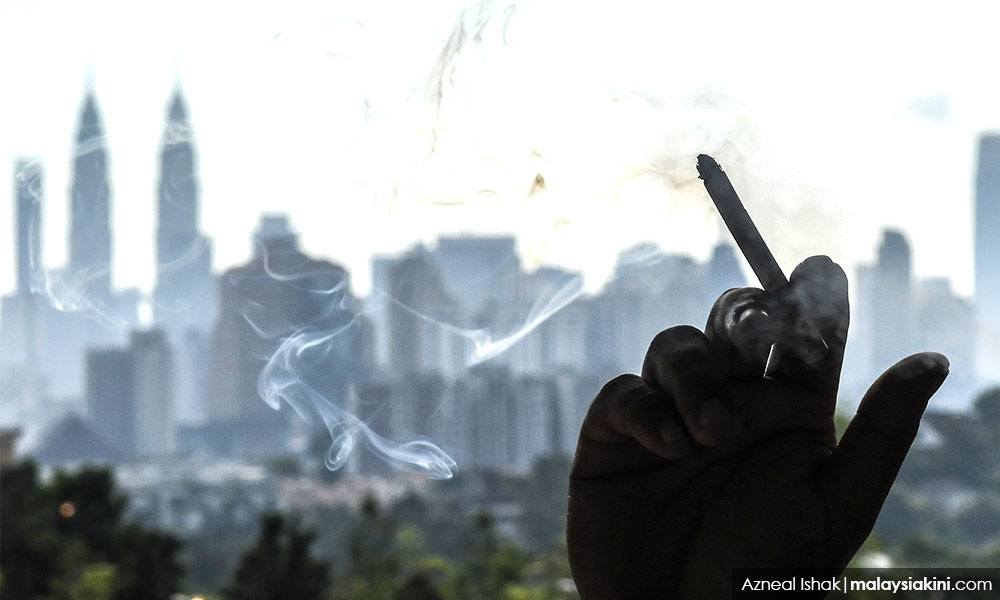
ADUN SPEAKS | The smoking ban in restaurants that started on Jan 1 is a good move to curb an unhealthy lifestyle.
This is in addition to other designated no-smoking areas such as in government buildings, hospitals, schools, parks, cinemas, shopping malls, lifts, toilets, air-conditioned areas and many other places.
However, the smoking ban for toilets should be enforced in a stricter manner. Those caught lighting up in toilets and other gazetted smoke-free areas face up to RM10,000 in fines or two years imprisonment.
Perhaps there could be a rehabilitation centre to help smokers kick the habit or at least for offenders to attend a compulsory session with a therapist for flouting the no-smoking regulation.
Furthermore, the government may want to consider banning smoking while driving and also extend the ban to basement carparks, open carpark spaces, staircases and hallways.
There was a question earlier, asking if the smoking ban would encourage smokers to light up more at home, endangering the health of their own family? Only smokers themselves have the power to decide whether they value their family's welfare more or otherwise.
Everyone knows that sin taxes make up a bulk of the country’s revenue and that is the reason why unhealthy products such as tobacco and alcohol have not been banned in any countries yet.
Some regard smoking and drinking as a personal freedom, but in reality, these products exist largely due to the collectible taxes. Very soon, sugar will join the ranks of tobacco and alcohol as a taxable item. Soft drinks and sugary foods are just as bad for health as tobacco and alcohol.

During the first week of the ban, photographs of smokers trying to outsmart the ban were widely circulated on Facebook. Some smokers even uploaded pictures of themselves bringing along measuring tapes to ‘comply' to the new “3-metres away from eateries” regulation.
According to an article published by Bernama on May 30, 2017, it is estimated that 20,000 Malaysians die from diseases linked to smoking.
The country’s healthcare expenses, that could run into tens of thousands per patient, could instead be channeled to other more beneficial use.
These preventable diseases and extra burden on the family can be avoided simply by cutting down or by quitting smoking.
In Budget 2019, an initial RM100 million was allocated to 800,000 citizens who are above 50 years old and fall under the B40 category. Imagine the amount that the country can save, besides not having to go through the agony of having contracted smoking-related diseases like nose, throat or lung cancer, and even heart problems.
This year, the World No Tobacco Day falls on May 31. To halt the number of new smokers, we need to increase our awareness campaign on the health risks of smoking.
The World No Tobacco Day was created by the World Health Organisation in 1987 to “draw global attention to the tobacco epidemic and the preventable death and disease it causes.” This day is to encourage smokers to observe a 24-hour abstinence and also for non-smokers to claim their “right to health and healthy living to protect future generations.”
Raising civic consciousness and encouraging a healthy lifestyle among the people, especially youngsters, will help to reduce the number of new smokers.
Existing smokers should at least understand that while it is within their right to smoke, they have no right to harm others with their second-hand smoke.
A smoke-free environment will lead to a cleaner, greener and healthier Penang and Malaysia. Hopefully, after the six months grace period, more people will get to enjoy smoke-free air during meals.
JASON ONG is the Kebun Bunga assemblyperson. - Mkini



No comments:
Post a Comment
Note: Only a member of this blog may post a comment.